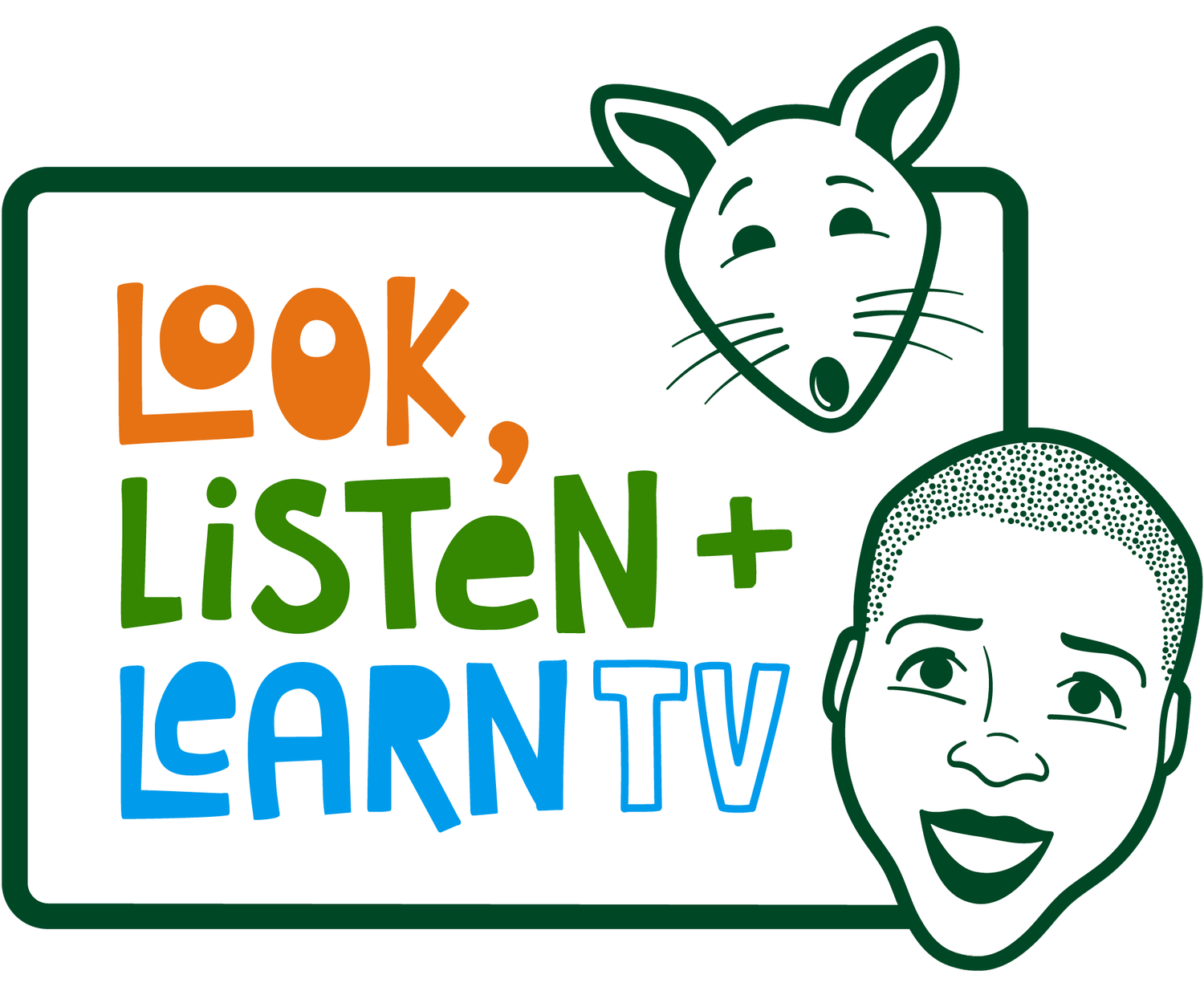Parenting in a pandemic is hard. Even in the best of times, caregivers deserve the break that screen time offers and the reassurance that watching shows can be educational. To help provide some guidance for show watching, Look, Listen and Learn partnered with Ninder Gill, faculty member in the Early Childhood Education program at North Seattle College. Ms. Ninder offered these seven tips for effectively using screen time with your preschooler:
1. Yes, it’s ok to have screen time with preschoolers!
The truth is that most kids have access to a screen and most will watch some tv, so don’t sweat the screen time for preschoolers. However, research is consistent that there should be no screen time for toddlers (2 years old) and younger.
2. Try to be intentional about what your children watch.
There are no rating systems or guidelines that are right for everyone because every family’s social, cultural and economic context is different. Instead, you should gauge your own comfort level with the show to decide if it's appropriate. Ask yourself, “does this show feel right for my child?” One research-based recommendation is to avoid shows with any type of violence or what you would consider violent for children.
3. Promote real-life representation.
Many families of color are invisibilized in children’s programming. In fact, only 4% of children’s tv characters are Black or Latinx. Try to seek out shows with non-animated BIPOC characters (like Look, Listen and Learn) so that we continue to center and normalize BIPOC ways of knowing and being.
4. If you can, watch with your children.
By watching with your kids, you can better guide, teach and learn with them as well. Watching together builds closeness and trust, and listening to the adults and kids interact on children’s tv can often give you tips and ideas to be a better parent.
5. Ask your child questions about what they’re watching.
Asking questions helps your child remember the lessons and stories that they are watching. Try open ended questions that start with who, what, when, where, why and how. “What just happened? Why do you think that happened? What do you think they meant when they said that? How are they feeling?” Let them tell you!
6. Respect your child’s temperament.
Some kids want to talk with you while they watch shows, and some kids prefer to watch uninterrupted. Both are healthy and normal. The key is to support your child in engaging with the themes and lessons of the show, whether during the show or after it has ended.
7. Use visuals to remember what you and your child learned.
For example, take a picture of moments you want to remember from a show and print them out to talk about with your child in the future. Or record a video of you and your child talking about what you watched so you can share that with your child at a later time. Or have your child start a journal where they can draw or write about the stories they watched.
Want to learn more about child care best practices or build a career in the field? North Seattle College's Department of Child and Family Studies offers state-recognized courses, certificates, and degrees in Early Childhood Education. All courses are currently offered fully online. The Bachelor of Applied Science (ECE B.A.S.) degree is one of the largest ECE baccalaureate programs in the state, renowned for its high quality and low cost; as a degree completion program students can transfer credits from other fields. All programs aim to prepare educators who are skilled in addressing and undoing barriers of inequity and misinformation. Learn more at https://northseattle.edu/early-childhood-education or by emailing eceinfo@seattlecolleges.edu
This article brought to you by North Seattle College's Early Childhood Education Program.


